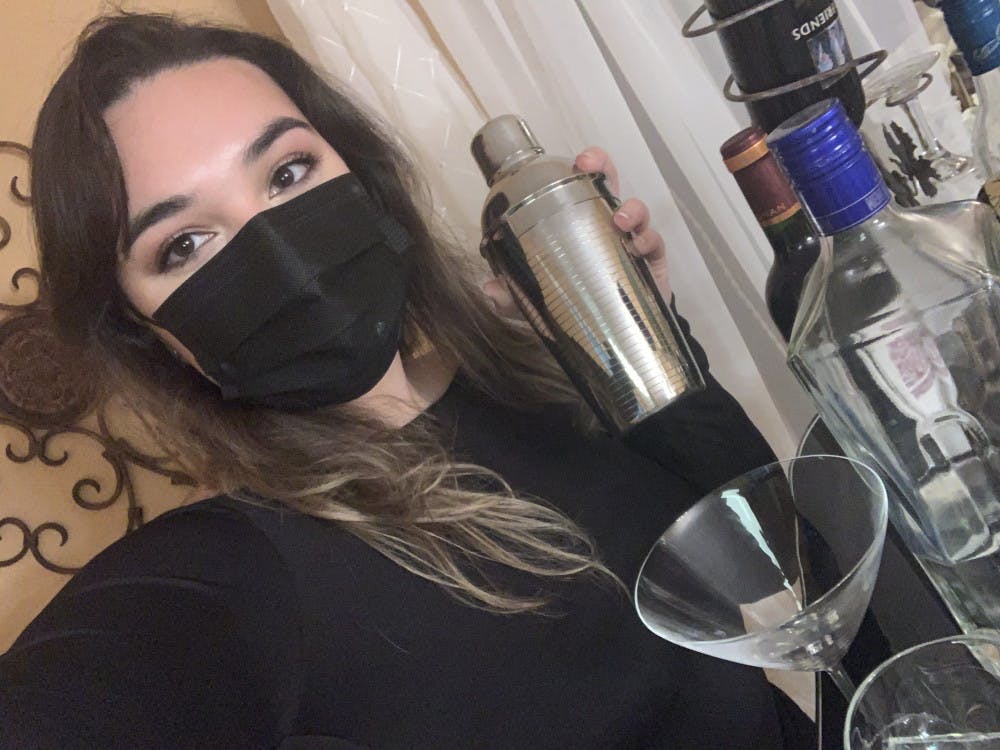Wearing masks, following social distancing guidelines and adhering to safety measures, Seton Hall students employed in the food service industry shared what it’s like to be in their shoes during COVID-19.
Amanda Araujo, a junior business finance major, is a bartender at Trattoria Il Cafone Restaurant and Bar in Lyndhurst, New Jersey, who said her experience has changed dramatically.
“The work dynamic has truly changed during COVID-19,” Araujo said. “We used to host parties, karaoke nights and fundraising events; [that is] no longer the case.”
Araujo said being a bartender “depended on deep customer interaction that made both the customer and employee’s experiences that much more personal and worthwhile.” But, she said, these interactions no longer exist since “everyone is rushing to end their interaction as quickly and safely as possible.”
Not all food service employees have the same job descriptions. Wesley Kopituk, a junior diplomacy major, said he worked as an Uber Eats driver, which did not rely on human interaction, other than picking up and dropping off food.
Kopituk said that in the early stages of COVID-19, he feared for his health because “information about the virus was not fully known.” However, Kopituk said that working for Uber Eats was the safest option due to “the least amount of continuous people-to-people contact.”
According to Kopituk, Uber Eats provided their drivers with a pay restructuring in order to compensate them for the risk they were taking by interacting with customers and restaurant employees. Through the increased safety measures imposed by Uber, like the “leave at the door” feature, Kopituk said that it made his job “more pleasant than it ever had been before.”
Araujo said her work experience has been negatively affected due to stubborn customers.
“We had to sometimes fight with customers because they did not understand that wearing a mask at the bar is required because you are in close proximity to the bartender,” Araujo said. “But at the table, the interaction with the employee is brief, so a mask is not necessary.”
Bernie Consalvo, a junior criminal justice major, said he felt safe eating at a restaurant since “all the servers wore masks and the tables were socially distanced as required by law.”
Said Consalvo, “I would definitely eat out again as long as the necessary precautions were taken.”
Sara Attia can be reached at sara.attia@student.shu.edu.





